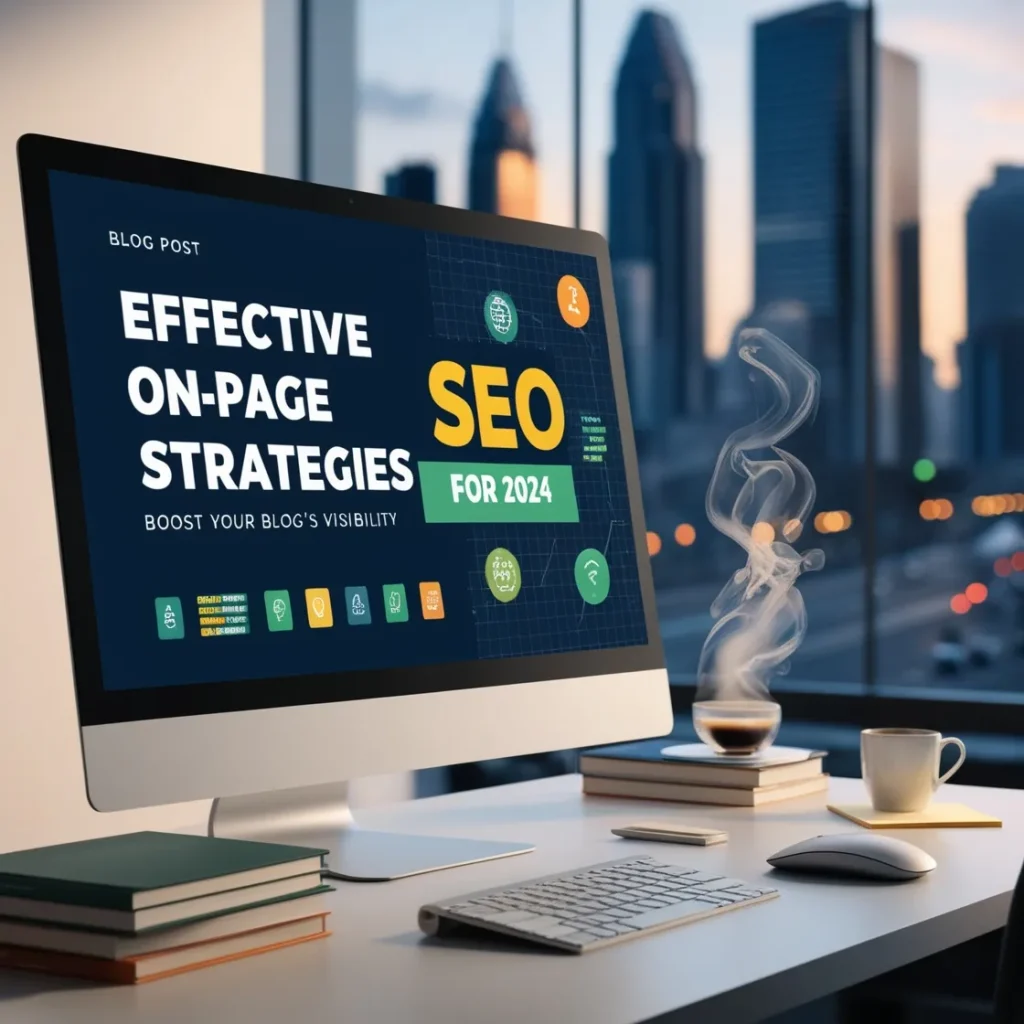WordPress vs. Custom-Built Websites: Which is Better for SEO in 2024?

In the ever-evolving world of digital marketing, Search Engine Optimization (SEO) remains a crucial factor for online success. As we navigate through 2024, businesses and individuals alike are faced with a critical decision: should they opt for a WordPress website or invest in a custom-built solution? Both options have their merits, but which one gives you the edge in SEO? Let’s dive deep into this comparison.
Understanding WordPress and Custom-Built Websites
Before we compare their SEO capabilities, let’s briefly define each option:
WordPress: A popular Content Management System (CMS) that powers over 40% of all websites. It’s known for its user-friendly interface and extensive plugin ecosystem.
Custom-Built Websites: Websites developed from scratch using various programming languages and frameworks, tailored specifically to the client’s needs.
SEO Factors to Consider in 2024
As we evaluate these options, we’ll focus on key SEO factors that are particularly relevant in 2024:
1. Page Speed and Core Web Vitals
2. Mobile-First Indexing
3. Content Management and Optimization
4. Technical SEO Implementation
5. User Experience (UX)
6. Security
7. Structured Data and Schema Markup
WordPress for SEO in 2024
Advantages:
1. Easy SEO Implementation: WordPress offers numerous SEO plugins like Yoast SEO, Rank Math, and All in One SEO Pack. These tools simplify on-page optimization, making it easier for non-technical users to implement SEO best practices.
2. Regular Updates: WordPress consistently releases updates that often include SEO improvements, helping websites stay current with the latest SEO trends.
3. Mobile Responsivenes: Most WordPress themes are mobile-responsive out of the box, aligning well with Google’s mobile-first indexing approach.
4. Content Management: WordPress excels in content management, making it easy to create, organize, and optimize content for SEO.
5. Large Community and Resources: The vast WordPress community provides extensive resources, tutorials, and support for SEO optimization.
6. Plugin Ecosystem: Plugins are available for various SEO needs, including structured data implementation, image optimization, and caching for improved page speed.
Disadvantages:
1. Potential Bloat: WordPress sites can become bloated with unnecessary features and plugins, potentially slowing down page load times.
2. Common Themes: Using popular themes might make it harder to stand out in search results, especially if not customized significantly.
3. Plugin Conflicts: Multiple plugins can sometimes conflict, causing technical issues that may impact SEO.
Custom-Built Websites for SEO in 2024
Advantages:
1. Full Control: Custom websites offer complete control over the codebase, allowing for optimal implementation of technical SEO elements.
2. Performance Optimization: Developers can create lean, efficient code, potentially resulting in faster load times and better Core Web Vitals scores.
3. Unique Structure: Custom sites can be structured in ways that perfectly align with specific SEO strategies and industry requirements.
4. Scalability: As SEO needs evolve, custom sites can be easily adapted without the constraints of a CMS platform.
5. Advanced Features: Complex SEO features or integrations can be built directly into the site architecture.
Disadvantages:
1. Higher Initial Cost: Custom development typically requires a larger upfront investment.
2. Longer Development Time: Building from scratch takes more time than setting up a WordPress site.
3. Ongoing Maintenance: Without a CMS, content updates and site maintenance may require developer intervention.
4. Learning Curve: Site owners may need technical skills to manage and optimize the site effectively.
Making the Choice: Factors to Consider
1. Budget and Resources: Custom sites require more initial investment but may offer long-term benefits. WordPress is more cost-effective upfront.
2. Technical Expertise: Consider your team’s technical capabilities. WordPress is more user-friendly for non-developers.
3. Scalability Needs: How much do you anticipate your site and SEO needs growing over time?
4. Unique Requirements: Does your business have specific needs that off-the-shelf solutions can’t meet?
5. Content Update Frequency: If you need to update content often, WordPress’s user-friendly interface might be advantageous.
The Verdict
In 2024, both WordPress and custom-built websites can be excellent choices for SEO, depending on your specific needs:
Choose WordPress if you want a cost-effective, user-friendly solution with good out-of-the-box SEO features and don’t mind some limitations in customization.
Opt for a Custom-Built Website if you need complete control over your site’s architecture, have complex or unique requirements, and have the budget and technical resources to support it.
Remember, the platform is just one part of the equation. Regardless of your choice, success in SEO ultimately depends on creating high-quality, relevant content, providing an excellent user experience, and staying up-to-date with SEO best practices.
In the end, the best choice is the one that aligns with your business goals, technical capabilities, and resources. Both options can lead to SEO success when implemented correctly and maintained diligently.